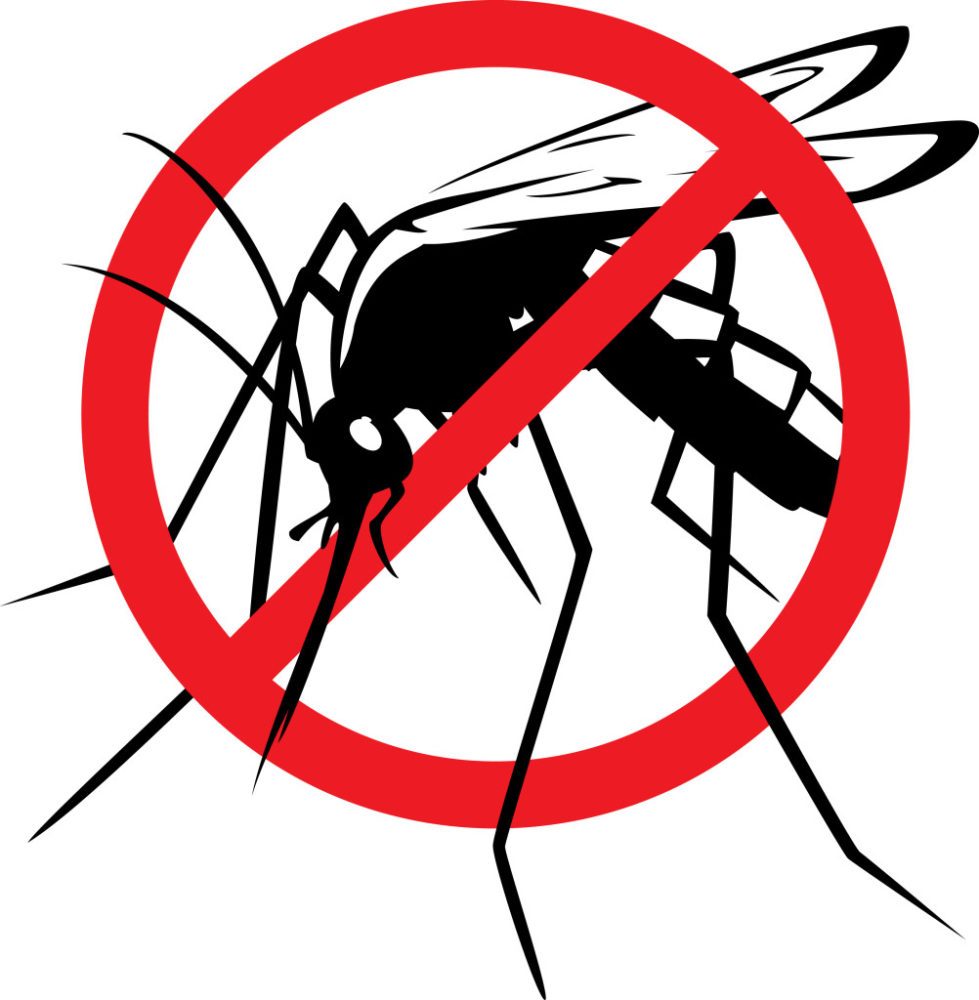If you haven’t been outdoors much lately, you may not have notices that it’s nigh on mosquito season in Texas (although some would argue based on the number of flies buzzing about of late that it’s fly season).
As more people are out and about, Texas Department of State Health Services reminds people to take precautions to avoid not only the discomfort of mosquito bites but also the potential of contracting illness from them.
DSHS July 23 reported that the first case of West Nile virus disease reported this year was in an adult resident of Tarrant County who later died.
While only about 20 percent of people exposed to the West Nile virus develop symptoms like headache, fever, muscle and joint aches, nausea and fatigue. In a very small proportion, less than one percent, the virus affects the nervous system, leading to a more serious illness that can cause neck stiffness, disorientation, tremors, convulsions, paralysis and even death, according to DSHS.
In the last 10 years, Texas has reported more than 3,300 cases of West Nile disease, including 172 deaths, the state agency reports.
DSHS urges people to guard against West Nile virus by going to WAR with mosquitos by employing the following precautions:
- WEAR long sleeves and pants. Create a barrier to mosquito bites by covering up.
- APPLY insect repellent. Use EPA-registered repellent such as those containing DEET, picaridin, IR3535 or oil of lemon eucalyptus/p-menthane-diol.
- REMOVE standing water. Emptying out water that accumulates in toys, tires, trash cans, buckets, clogged rain gutters and plant pots will deny mosquitoes a place to lay their eggs and reproduce.








